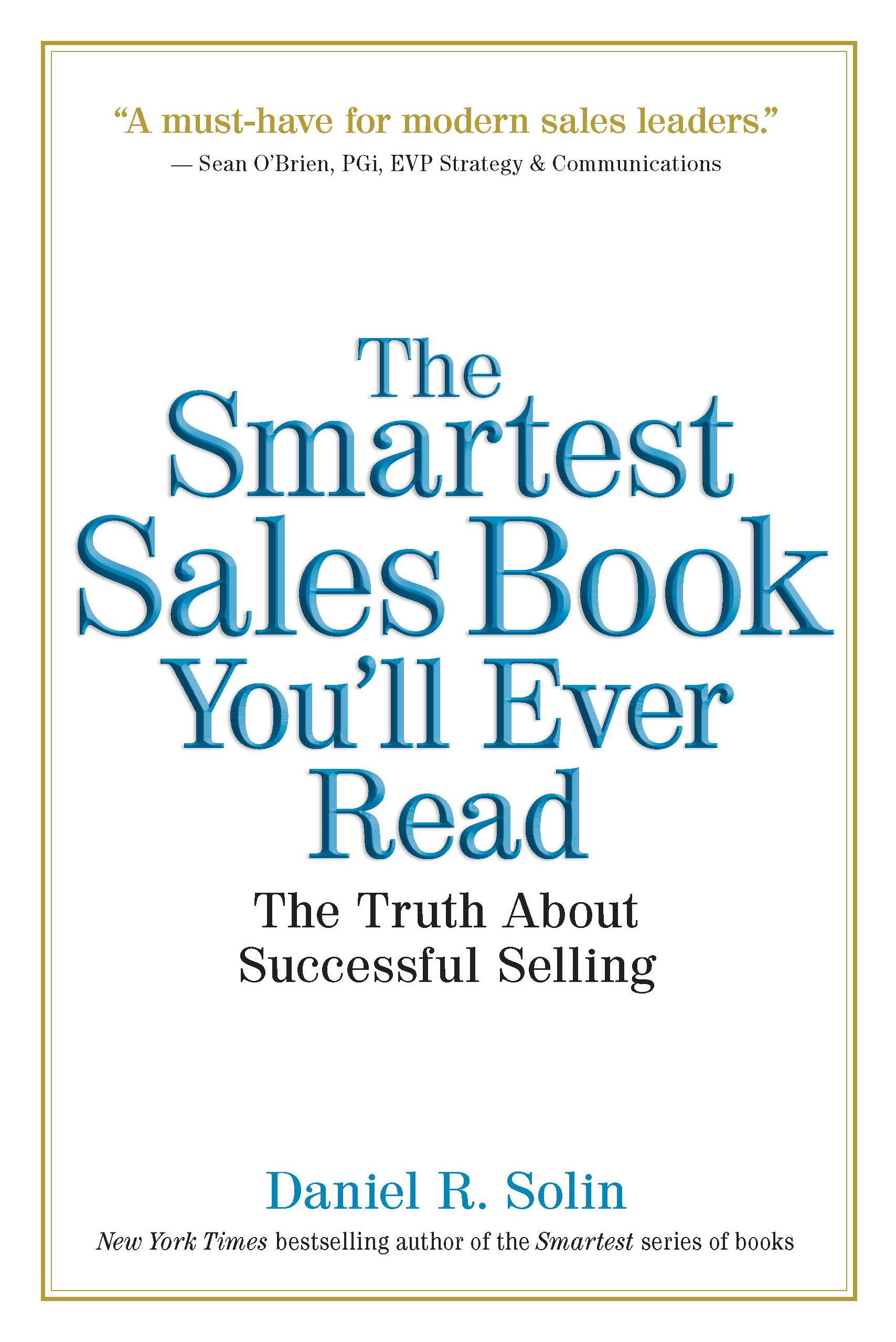On May 18, the United States Supreme Court issued its decision in Tibble v. Edison International. On its face, the court's holding is unremarkable. In a rare 9-0 decision, it ruled that plan sponsors have a continuing duty to review investments in retirement plans and to decide whether or not to keep or sell them. The lower courts (the Ninth Circuit Court of Appeals and a federal District Court) previously held that, because some of the funds at issue were put into the plan in 1999, claims relating to those funds should be barred.
The Supreme Court looked at the body of law governing the conduct of trustees and applied it to the obligations of plan sponsors, stating:
"Under trust law, a trustee has a continuing duty to monitor trust investments and remove imprudent ones. This continuing duty exists separate and apart from the trustee's duty to exercise prudence in selecting investments at the outset."
While this might not seem ground-breaking, the ramifications of this decision are profound. Here's my take:
Plan sponsors may require advisors to be 3(38) ERISA fiduciaries
The U.S. Department of Labor (DOL) has proposed rules that would require advisors to retirement plans to be fiduciaries. The securities industry and its powerful lobby are doing everything they can to defeat this effort.
Brokers and insurance companies are typically not 3(38) fiduciaries to retirement plans. A 3(38) fiduciary accepts all liability for the selection and monitoring of plan investments. The decision in Tibble makes it clear this liability could be extensive.
When plan sponsors and their lawyers appreciate the import of this decision, they may insist on offloading this potential liability to real fiduciaries, whether or not the proposed DOL rule is enacted.
This will be good for plan sponsors, plan participants and 3(38) ERISA advisors already offering a fiduciary standard. It will be bad for brokers and insurance companies.
It exposes how plan participants are being ripped off
The three funds at issue in Tibble were higher-cost retail class funds. Lower-cost wholesale class versions of those funds were available to the plan during the monitoring period. I can think of no valid reason why someone would keep higher-cost funds when the same funds are available for less, except to generate fees. This is a prime example of how plan participants are routinely getting ripped off by actively managed mutual funds and non-fiduciary advisors to retirement plans.
Potential liability is huge
I don't understand why plan sponsors permit any actively managed funds to be included among the investment options in a retirement plan. It certainly is not based on merit. There is overwhelming evidence that actively managed funds reduce the returns of investors. Only a tiny fraction of active funds outperform their benchmark index over the long term. Even those funds barely cover their costs. It's exceedingly difficult to identify them prospectively.
Plan sponsors who want to mitigate the possibility of huge liability will include only portfolios (at different risk levels) of low management fee index funds, passively managed funds or exchange-traded funds (ETFs), as investment options.
The plaintiff's bar will be scrutinizing every actively managed fund in retirement plans, regardless of when it was initially included as an investment option. The potential liability to plan sponsors who continue to keep these funds in retirement plans could be huge.
A view from the perspective of counsel to plan sponsors
Nancy Ross, a partner in Mayer Brown's Chicago office and a member of its litigation and dispute resolution practice, sees the Tibble decision as having a more limited impact. Rather than being a wake-up call, Ms. Ross believes it simply places plan sponsors on notice they should have a well-documented monitoring plan in place, which they then must follow. Larger retirement plans already have such plans, but she notes smaller ones need to adopt them as well.
Ms. Ross is concerned that the decision creates uncertainty, which might encourage more litigation.
 Dan Solin is a New York Times bestselling author of the Smartest series of books. His latest book is The Smartest Sales Book You'll Ever Read.
Dan Solin is a New York Times bestselling author of the Smartest series of books. His latest book is The Smartest Sales Book You'll Ever Read.
The views of the author are his alone and may not represent the views of his affiliated firms. Any data, information and content on this blog is for information purposes only and should not be construed as an offer of advisory services.

